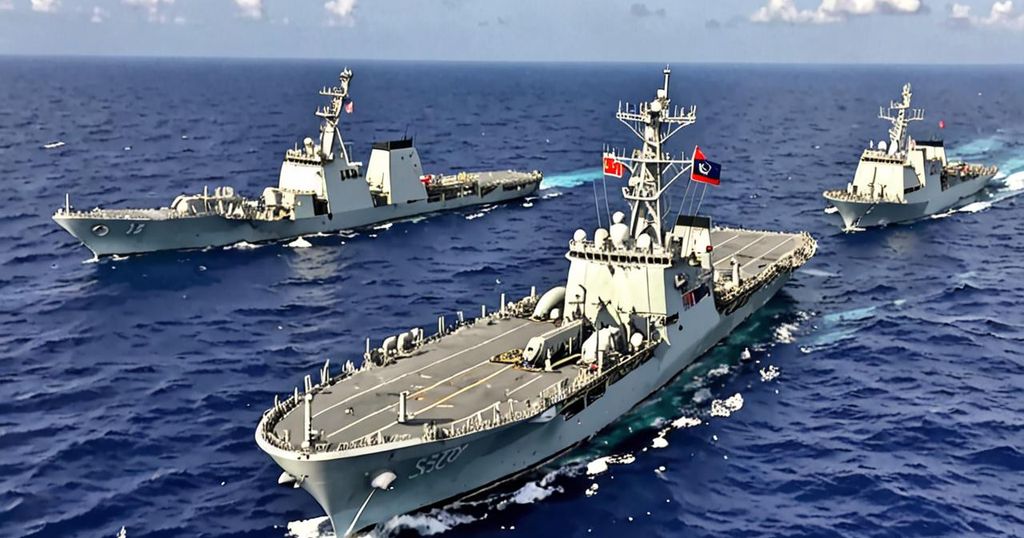In recent years, tensions have escalated in the South China Sea due to violations of the UN Convention on the Law of the Sea (UNCLOS). The standoff between China and the Philippines has intensified, with China making audacious claims of sovereignty over the Philippines’ exclusive economic zone (EEZ) and continental shelf. This aggressive stance, exemplified by preventing the Philippines from evacuating a sick marine soldier, is a clear violation of international law and has created significant tension in the region.
The Philippines, under the leadership of President Ferdinand Marcos Jr., has consistently emphasized the need to defend the nation’s sovereignty, sovereign rights, and jurisdiction in the face of China’s encroachment. President Rodrigo Duterte initially set aside the arbitral award but later asserted its finality during his discussions with President Xi Jinping in China. The Philippines, through its legislative actions such as Republic Act 9522, has demonstrated a commitment to upholding its rights under UNCLOS.
It is important to emphasize that the arbitral award, which determined that China has no legal basis for its claims in the South China Sea, is final and binding. The tribunal ruled that China’s nine-dash line and historic rights claims are in direct violation of UNCLOS. Furthermore, China’s attempt to assert rights over the Spratly Islands is not supported by international law, as these are legally rocks and do not qualify for an exclusive economic zone.
The compliance with UNCLOS is essential in reducing tension and instability in the South China Sea. The maritime zones established under UNCLOS govern the rights and entitlements of states in different maritime areas, and adherence to these limits is crucial for promoting peace and cooperation in the region. The protection of marine resources, preservation of the marine environment, and assurance of food security for the region are all dependent on respecting the principles outlined in UNCLOS.
The Philippines, as a responsible maritime neighbor, seeks to enforce the arbitral award through cooperative efforts, such as joint exploration and exploitation of gas and oil, based on sovereign rights under UNCLOS. This approach aligns with the broader goal of achieving a sea of peace, stability, and prosperity in collaboration with the Association of Southeast Asian Nations (ASEAN) and its dialogue partners.
As the Philippines endeavors to uphold its sovereign rights under UNCLOS and pursue peaceful resolutions to disputes in the South China Sea, there is a growing consensus on the need for compliance with international law to ensure stability and security in the region.
In conclusion, the compliance with UNCLOS is a fundamental aspect of addressing the tensions in the South China Sea and promoting cooperation among neighboring countries. The commitment to upholding the principles of UNCLOS is not only a legal obligation but also a crucial step towards fostering a sea of peace, stability, and prosperity for all nations involved.
Author: Retired Ambassador Jaime S. Bautista, Chairman of the Philippine Council for Foreign Relations and President of the Philippine Ambassadors’ Foundation Inc.

Leave a Reply